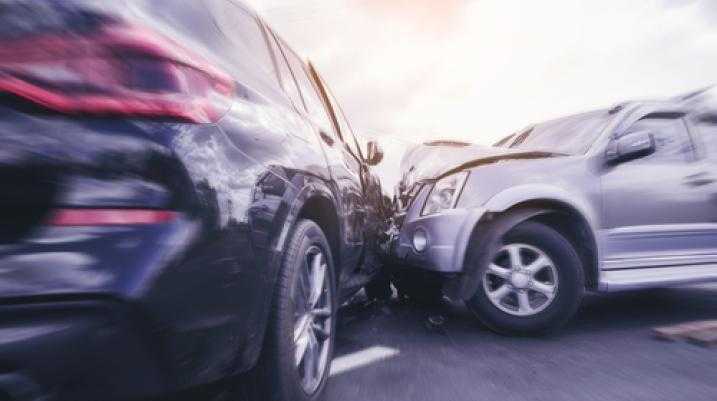7 Frequently Asked Questions About Car Accidents

Most people are involved in motor vehicle accidents at some point in their lives. Still, there’s a variety of misinformation surrounding the “best” next steps to take after finding yourself in an accident.
Here are seven of the most common misconceptions about car accidents and the truth behind them.
Should I Not Call the Police After a Minor Accident?
Some people believe that minor car accidents aren’t worthy of a police report, but this simply isn’t true. Speaking with the police and having your situation documented creates a paper trail of every detail of the accident and makes filing a claim in the future that much easier.
If you find yourself on the side of the road after a collision, you need to think about your physical and financial future. Protect yourself from future pain and expenses by contacting the proper authorities and receiving medical treatment, even if you think you can “tough it out.”
Can I Request Medical Attention After I’ve Left the Scene of a Car Accident?
Adrenaline can conceal pain and injuries until after victims have removed themselves from the accident, which causes people to forgo treatment at the scene. Fortunately, that’s not your only window to receive treatment.
If you’re involved in an accident and discover your injury days - or even weeks - after the fact, you should still visit a doctor and get yourself checked. In many personal injury matters, the statute of limitations begins after the discovery of your injury, so there’s still time to seek legal action against the at-fault party.
Is the Driver Who Rear-Ends Another Driver Always at Fault?
In most cases, the car that rear-ends another is at fault for the damage, but it’s not always this way. The rear-ended driver could have cut off the other vehicle and put them in a situation where a collision was unavoidable, which wouldn’t be the fault of the driver who hit the other car.
Determining fault is a complicated process that even personal injury attorneys can have difficulty with. If your accident isn’t straightforward, make sure to surround yourself with experienced, specialized attorneys that can help.
Will an Insurance Provider Always Offer Rightful Value?
Policyholders expect their insurance provider to honor their contracts and provide full compensation, but this isn’t always the case. While most victims swiftly recover rightful value, there are situations where insurance providers send lowball offers and falsely deny restitution.
Insurance companies are businesses at their core. They need to protect themselves from spending more money than they receive, so careless providers will diminish claims to lower their overhead. It’s a malicious business model, but having an attorney by your side prevents you from having to handle the situation alone.
Is the Person Responsible for Breaking a Traffic Law Always at Fault for the Accident?
Simply put, determining fault depends on the fine details of your accident. Someone could break a traffic law, and the outcome will have nothing to do with their involvement in the proceeding accident. For example, if someone rolls through a stop sign and is involved in a head-on collision after an oncoming car crossed the double yellow line, they could not be at fault.
If you’re unsure of who was at fault in your accident, you should speak with a legal expert to learn more about your options.
Can People Suffer Major Injuries in Minor Car Accidents?
Higher speeds often result in more severe accidents, but even low-speed collisions in parking lots can cause motorists to suffer injuries that change their lives.
A sudden, unexpected jolt to a human body can cause whiplash, soft tissue injuries, and many other types of bodily harm. If you were involved in an accident, it’s always recommended to seek medical care to ensure you don’t have underlying damage that complicates your future.
Can I Recover Compensation After a Car Accident if I Have a Pre-Existing Condition?
Absolutely. Car accidents can not only exacerbate pre-existing conditions but create new ones that are equally, if not more severe. If your accident caused a new injury, you have the same legal protections as someone who doesn’t have a pre-existing condition.
Still, that detail will come up during negotiations. Make sure to team up with an experienced legal representative to give yourself the best possible chance of reaching a successful outcome.
Contact Morgan and Morgan
Don’t gamble with rightful compensation after a car accident. Complete our free, no-risk case evaluation to speak with our team and learn more about your legal options.
Injured? Getting the compensation you deserve starts here.

Injured?
Not sure what to do next?
We'll guide you through everything you need to know.